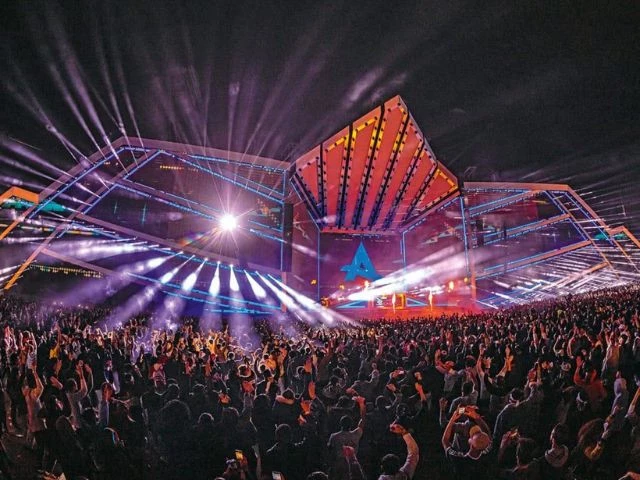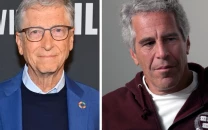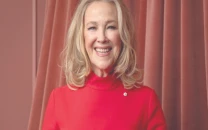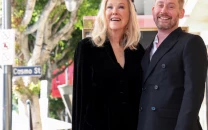Riyadh Soundstorm lineup revealed: major international artists head to Saudi Arabia
Halsey, Calvin Harris, Post Malone, Tyla and more confirmed for Riyadh Soundstorm 2025 amid concerns

Riyadh is gearing up for one of its biggest music spectacles to date. The MDLBEAST Soundstorm 2025 festival, scheduled for December 11–13 in Banban desert near Riyadh, will showcase a lineup of international stars and electronic music heavy-hitters. Among the confirmed performers are Post Malone, Kaytranada, Ava Max, Major Lazer, Korolova, Loyle Carner, Benson Boone and many more.
This festival is already being promoted as Saudi Arabia’s answer to major global music events, with MDLBEAST branding it as a gathering of “new and freshest sounds in every genre.” While more names are expected to be added, the first wave sets a star-studded tone.
Yet despite the scale and ambition, the coverage and discussion about the artists taking part seems comparatively muted, especially when contrasted with the intense debates around comedians performing in Saudi Arabia earlier in 2025. The difference is telling.
Saudi Arabia has faced longstanding criticism over its human rights record, including restrictions on free speech, treatment of dissidents, and suppression of women's and LGBTQ+ rights. Entertainment events, especially ones involving international artists, are often criticized as attempts at "artwashing", using culture to soften or distract from political issues.
The Riyadh Comedy Festival earlier in 2025 drew sharp backlash. Human Rights Watch warned that the Saudi government was using the event to whitewash its abuses. Comedians were urged to speak out about unjustly detained people and press freedom, but few did. Many performers were accused of lending legitimacy to a regime with documented censorship and repression.
Music shows carry some different dynamics, but the same critique applies: by performing in Saudi Arabia, musicians, especially high-profile Western ones, risk being seen as complicit in image management campaigns. Even if artists avoid overt political statements, just showing up can be read as an indirect endorsement.
Another point of tension is censorship and contractual constraints. In past Saudi events, artists have been restricted from covering topics that criticize religion, government, or royal family. Whether such limits will apply at Soundstorm isn’t fully clear yet.
Then there’s the optics of scale: when comedians faced heavy scrutiny for playing Saudi festivals, the music side seems to be sliding under the radar. Perhaps spectacle and glamour dampen critical coverage, or perhaps music fans are more willing to separate art from politics. Either way, the difference in scrutiny is stark.
As Soundstorm 2025 approaches, eyes will be watching not just for the performances, but whether these artists use their platform to acknowledge the broader human rights debates, or whether they remain silent amid one of the most contested cultural landscapes in the world.



















COMMENTS
Comments are moderated and generally will be posted if they are on-topic and not abusive.
For more information, please see our Comments FAQ